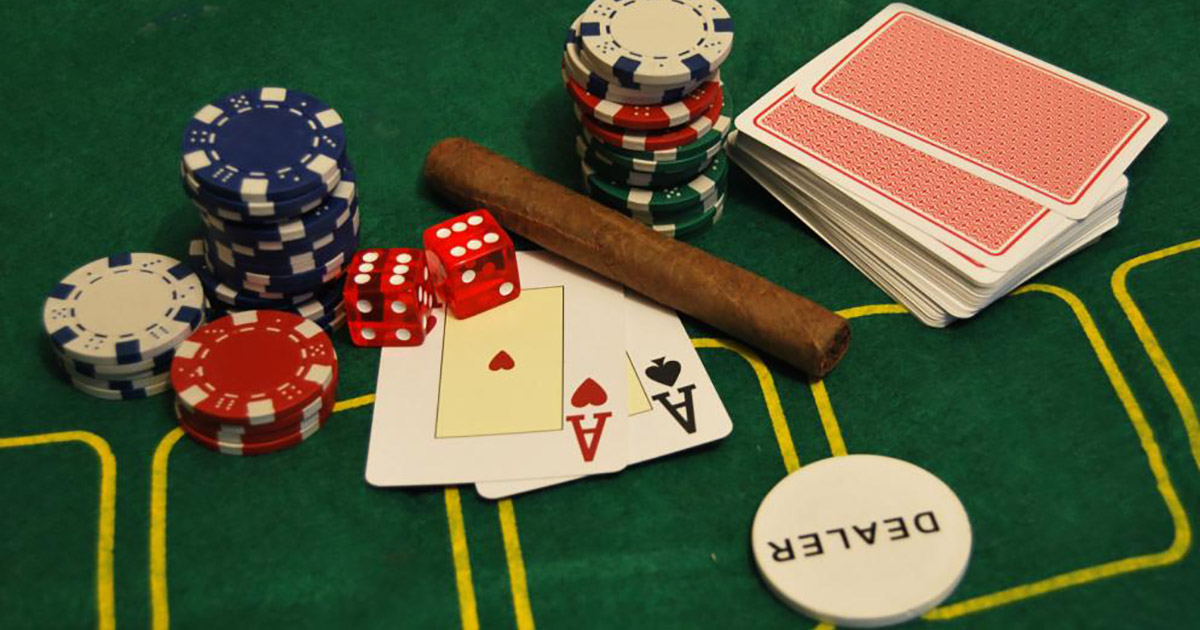
Mastering the Art of Bluffing: Tips for Winning Big in Poker
The Importance of Bluffing in Poker
Bluffing is an essential skill in poker that separates amateur players from the professionals. Mastering the art of bluffing can significantly enhance your poker strategy and lead to winning big. In poker, bluffing is not just about deception; it’s about understanding your opponents and manipulating the dynamics of the game to your advantage. Whether you are playing in a local tournament or engaging in an online game like aviator, the ability to bluff effectively can turn the tide in your favor.
When you bluff, you are essentially betting or raising with a hand that may not be the best, intending to make your opponents fold better hands. This strategy requires a deep understanding of human psychology and a keen awareness of the game flow. Successful bluffing involves timing, the right amount of aggression, and the ability to read your opponents’ tells accurately. By mastering these elements, you can create an image of unpredictability, keeping your opponents on their toes and enhancing your chances of winning.
Reading Your Opponents: The Key to Effective Bluffing
One of the critical aspects of bluffing is the ability to read your opponents effectively. Understanding their playing style, tendencies, and tells can provide invaluable information on when and how to bluff. Observing how your opponents bet, the frequency of their raises, and their reactions to different situations can reveal patterns and weaknesses that you can exploit. Paying close attention to these details allows you to craft your bluffing strategy to appear more credible and induce folds.
Additionally, it’s important to adapt your bluffing strategy based on the type of opponents you are facing. Some players are more risk-averse and will fold to the slightest hint of aggression, while others are more daring and will call your bluffs more often. Identifying these tendencies early in the game can help you make informed decisions about when to bluff and when to hold back. By reading your opponents accurately, you can tailor your bluffs to maximize their effectiveness and increase your chances of success.
The Psychological Aspect of Bluffing

Bluffing is not just a technical skill; it is also deeply rooted in psychology. The most successful bluffs are executed by players who can maintain a calm and composed demeanor while projecting confidence. This psychological edge can intimidate opponents and lead them to doubt their own hands. Developing a strong poker face and controlling your emotions are essential skills for any player looking to excel in bluffing.
Moreover, understanding the psychological pressure of the game can help you exploit your opponents’ weaknesses. Bluffing successfully often involves creating a narrative that your opponents believe, even if it’s completely fabricated. By manipulating their perceptions and playing on their fears, you can induce them to make decisions in your favor. Over time, as you refine your psychological tactics, you will find it easier to execute bluffs with precision and confidence.
Conclusion: Mastering Bluffing for Success
Mastering the art of bluffing in poker is a journey that involves honing your skills, understanding your opponents, and refining your psychological tactics. It’s a multifaceted strategy that requires practice, patience, and a willingness to take calculated risks. Whether you are playing for fun or competing at a professional level, the ability to bluff effectively can elevate your game and lead to greater success.
In the ever-evolving world of poker, continuous learning and adaptation are crucial. By focusing on improving your bluffing skills, you can become a more formidable opponent and increase your chances of winning big. Remember, bluffing is not just about deception—it’s about mastering the nuances of the game and leveraging them to your advantage. As you continue to refine your craft, you will find yourself not only winning more often but also enjoying the strategic depth that poker has to offer.<